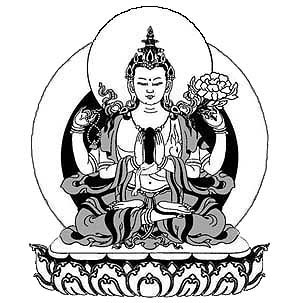
According to the Economic Policy Institute, as of 2001, a “living wage,” or the minimum hourly wage to be able to sustain a family of one adult and two children, is $30,000 a year, or $14 an hour. 60% of Americans earn less than $14 an hour, or the living wage. The vast majority of those earn about half that, at $7 an hour for many entry-level positions. This means that the majority of Americans are struggling to pay rent, health insurance, car insurance, credit interest, groceries, etc. With the relatively recent welfare reform bill signed in 1996 by Clinton, thousands of people are suffering, namely single mothers living far beneath the “living wage”. The poverty line, which is at about half that of the “living wage,” is grossly outdated and is not a substantial measure of poverty. Americans feel relatively confident in the fact that the percent of Americans living under the poverty line hovers somewhere around 13% (a number that I find disgustingly high), but do not realize that many Americans live above the poverty line and yet still cannot afford rent. According to a 1997 report of the National Coalition of the Homeless, “nearly one-fifth of all homeless people (in twenty-nine cities across the nation) are employed in full or part-time jobs” (1).
To me, what this all boils down to, is that capitalism works in a way in which many are left out. Capitalism is the problem. According to the principles of capitalism, businesses operate according to the law of supply and demand, and exist only to raise their bottom line. They do not care for their workers, as there is always a fresh supply of those in poverty willing to fill in when a corporation decides to discard a former employee. What does this create? People working twelve-hour shifts, seven days a week, to feed their children and make rent. What is the point of a life wasted as a wage slave? It seems to me that capitalism has forced us all to sell our lives away for $7 an hour with the pathetic hope of moving up the corporate ladder, as if that will somehow change something and suddenly fill our lives with meaning.
I believe that we can operate our society in a way in which everyone can enjoy life while contributing positively to society. I call this direct action. I call this anarchism.
(1). Direct quote from Barbara Ehrenreich in Nickel And Dimed.

2 comments:
"I believe that we can operate our society in a way in which everyone can enjoy life while contributing positively to society. I call this direct action. I call this anarchism."
how? how do you get the some 20% of society struggling to pay bills out of that cycle? how is that possible? our society is not built with enough jobs, its somehow made to always have some people unemployed.
Yea exactly, I know that is how our society operates right now. That is what I want to change.
And I am not just talking about unemployment. I stated that the problem is the people that are employed, often in multiple full-time jobs, are unable to enjoy life because they are unable to simultaneously pay rent and feed their children.
I am saying that instead of focusing solely on profit, why not run businesses in a way that benefit all: consumers, producers, and workers?
Fair trade seems to be working out pretty well. Why not apply that to everything?
Post a Comment